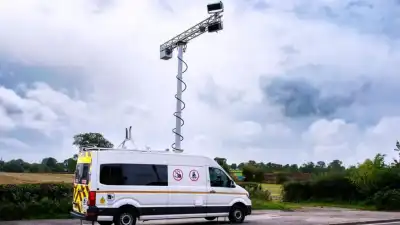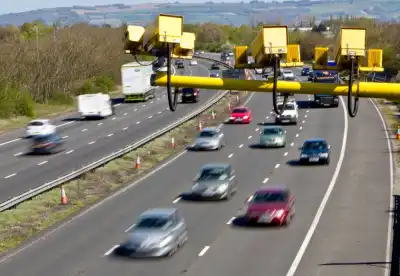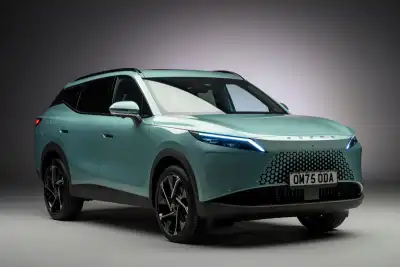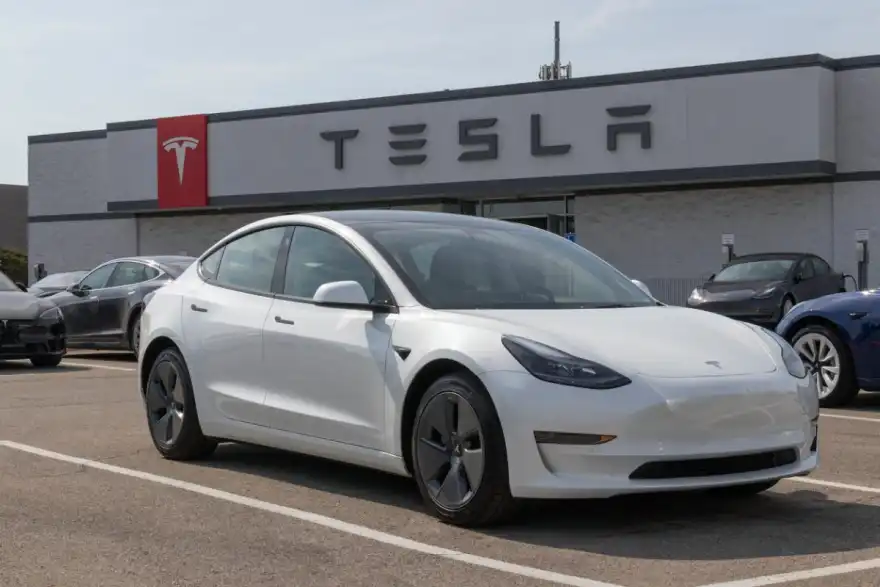
Tesla recently made the news after slashing the price of its vehicles. While this hasn’t been announced for the UK yet, it’s expected that the cuts - which have reduced the cost of Tesla’s Model Y, Model X, Model S and Model 3 cars - will be applied here shortly enough.
The last time Tesla implemented such a change, it sent used EV prices spiralling. However, is this move a reflection of the wider EV market and, if you’re looking to make the switch, is now the right time to do so? Let’s take a closer look.
Decline in market share of EVs
The most recent figures from the Society of Motor Manufacturers and Traders showed that 15.2 per cent of all new cars registered during March were pure electric models, a drop from the 16.2 per cent that was recorded during the same month last year. It sparked a call from the SMMT for the government to do more to incentivise electric vehicle ownership which has, so far, been ignored.
However, fleet demand continues to grow for electric vehicles. For business users, electric vehicles offer a great deal and this is what has been behind much of the growth of battery-powered vehicles.
Zero emission vehicles mandate looks set to broaden EV options
While the variety of electric vehicles has expanded impressively over recent years, it’s set to go even further with the introduction of the Government’s zero-emission vehicles (ZEV) mandate. It’ll require at least 22 per cent of new cars sold by each manufacturer this year to be zero emissions - and this usually means full electric vehicles.
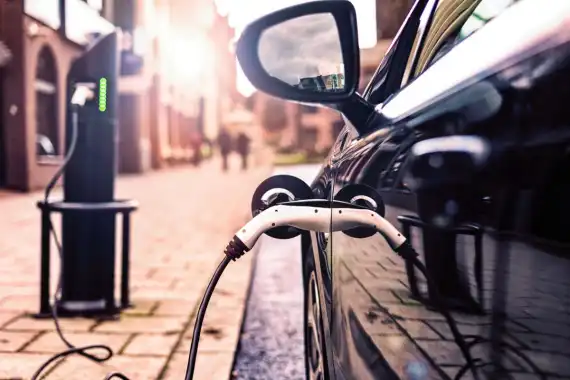
This threshold will gradually increase until it reaches 100 per cent of new cars by 2035. In doing so, manufacturers will be forced to make more of their line-ups electric which will, in turn, provide more variety to buyers. Higher numbers of EVs on sale will likely drop prices, too.
Incentives for private EV owners yet to arrive
While a few years ago a plug-in car grant lopped thousands of pounds away from the price of a new EV, its replacement has yet to come to fruition. It does mean that if you’re looking to purchase a new electric vehicle there’s little need to hang fire for a better option as it appears - for now at least - that no type of incentive is on the cards.
The Government recently responded to a report from the House of Lords Environment and Climate Change Committee that advised the introduction of price incentives for private EV buyers in order to stimulate demand. However, the Government has firmly stated that no price incentives will be introduced. It should be added that countries such as Germany and France continue to have incentive schemes for those buyers after a new electric vehicle.
Rising fuel costs could make EV switch more appetising
Fuel prices have continued to rise throughout the start of 2024, with RAC fuel prices showing an average petrol increase of 8p per litre so far this year. With ongoing tensions throughout the world, it’s expected that these increases could continue, with RAC fuel price spokesperson Simon Williams stating that ‘the cost of oil is only likely to go up which could push petrol well above 150p a litre.’
‘While diesel is getting close to 160p, this is purely down to retailers taking much bigger margins as there’s only been a few pence between the wholesale prices of both fuels since mid-March’. Though electricity prices remain high, it is still far cheaper to charge up an electric vehicle at home compared with filling an equivalent-size vehicle with petrol or diesel - which could make it an attractive option for drivers looking to save money on fuel.
Infrastructure continues to become more widespread
Infrastructure is often cited as one of the key stumbling blocks in the path of electric vehicle ownership. However, charger numbers have continued to rise in recent years and, to date, there are 59,590 charging units across the UK across 32,322 locations. According to the charger mapping site Zap Map, this represents a 47 per cent increase in the number of chargers since March 2023.
Since March 2024, some 2,300 charging devices have been added to Zap Map’s database, of which 470 were ultra-rapid devices capable of topping up an average EV in around 30 minutes
Used EV prices continue to fall
Used EV prices have been hit hard in recent months and new data revealed in March showed that the average price of used EVs advertised by dealers fell by 15 per cent compared with February 2023 to an average of £27,607.
The data from Motors also suggested that though prices had gone down, online searches for battery-powered vehicles went up. Though falling electric vehicle prices will hurt dealers, they do mean that drivers after a second-hand electric vehicle could find a great deal - particularly compared with the price of a brand-new EV.
For more advice on choosing and maintaining your electric car visit Regit's EV hub

